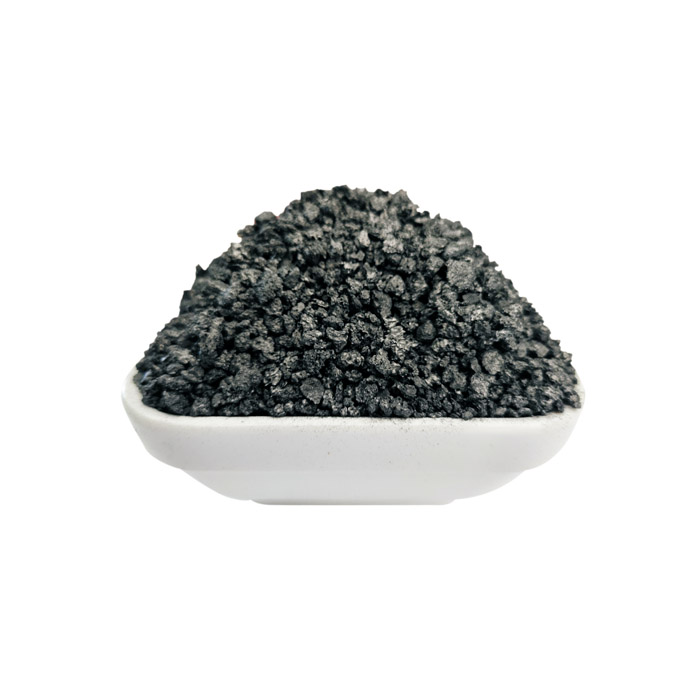dec . 25, 2024 00:30 Back to list
Furnace Manufacturers Specializing in Thermal Insulation Materials Solutions for Enhanced Efficiency
The Role of Thermal Insulation Materials in Furnace Manufacturing
In the world of industrial processes, especially those involving high temperatures, the significance of thermal insulation materials cannot be overstated. These materials serve a crucial function in enhancing energy efficiency, ensuring safety, and optimizing operational effectiveness in furnaces. A well-insulated furnace can significantly reduce energy consumption and lower operational costs, making the selection of appropriate thermal insulation materials a critical decision for manufacturers.
Understanding Thermal Insulation Materials
Thermal insulation materials are designed to minimize heat transfer between objects at different temperatures. In the context of furnaces, these materials help maintain the desired internal temperature, preventing heat loss to the environment. Common thermal insulation materials in furnace applications include ceramic fiber, mineral wool, fiberglass, and refractory bricks. Each of these materials possesses unique properties that cater to specific furnace designs and operational requirements.
1. Ceramic Fiber Known for its outstanding high-temperature resistance, ceramic fiber is widely utilized in high-performance furnaces. It can withstand temperatures exceeding 1400°C (2552°F) and is lightweight, making it easy to install. Ceramic fibers also exhibit low thermal conductivity, which enhances their insulating properties.
2. Mineral Wool This material is composed of natural or synthetic fibers and is known for its excellent thermal insulating properties and fire resistance. Mineral wool can effectively insulate furnaces operating at moderate to high temperatures, making it a popular choice in many industrial applications.
3. Fiberglass Fiberglass insulation is often used in industrial furnaces that require a balance between thermal performance and cost-effectiveness. It is suitable for lower temperature applications and offers good soundproofing capabilities, which can be an added benefit in certain settings.
4. Refractory Bricks Essential for linings in high-temperature furnaces, refractory bricks are made from materials that can withstand extreme heat without melting or deforming. They are often used in the construction of furnace walls and ceilings to provide a durable and reliable insulation solution.
thermal insulation materials furnace manufacturer

Benefits of Using Thermal Insulation in Furnaces
1. Energy Efficiency One of the most significant benefits of thermal insulation materials is the reduction in energy consumption. By minimizing heat loss, well-insulated furnaces require less fuel to maintain optimal temperatures. This not only lowers operating costs but also contributes to environmental sustainability by reducing carbon emissions.
2. Operational Safety Insulation materials also play a vital role in enhancing safety within industrial environments. High-temperature surfaces that are poorly insulated pose a risk of burns and other heat-related injuries. Effective thermal insulation helps to keep exterior surfaces at safer temperatures, reducing the risk of accidents.
3. Process Control Consistent temperature management is essential for many industrial processes. Insulation materials help maintain uniform temperatures within furnaces, leading to improved product quality and reliability in manufacturing processes.
4. Longevity and Maintenance Proper insulation reduces thermal stress on furnace components, extending the lifespan of the equipment. This longevity translates into reduced maintenance needs and lower replacement costs, ultimately benefiting the overall bottom line.
The Future of Thermal Insulation in Furnace Manufacturing
As industries continue to evolve, the demand for more efficient and advanced thermal insulation materials is likely to grow. Innovations in materials science are leading to the development of new insulation solutions that promise even greater energy efficiency and performance at higher temperatures. Manufacturers are increasingly exploring biomaterials and nanotechnology to create more effective insulation options that minimize environmental impact while maximizing performance.
In conclusion, the importance of thermal insulation materials in furnace manufacturing cannot be overlooked. As industries strive for greater efficiency and safety, the selection of the right thermal insulation solutions will remain a key factor in the design and operation of furnaces. By embracing modern materials and technologies, manufacturers can enhance their operational performance and contribute to a more sustainable future.
-
Environmentally Friendly Granule Covering Agent: Sustainable Solutions
NewsAug.27,2025
-
High Purity Graphitized Petroleum Coke & Low Nitrogen Recarburiser
NewsAug.26,2025
-
Fe-C Composite Pellets for BOF: Enhance Efficiency, Lower Steelmaking Costs
NewsAug.25,2025
-
Durable Building Material for Round Wall Exporters | Custom Shapes
NewsAug.24,2025
-
Tundish Dry Vibrator: Boost Steel Casting Performance
NewsAug.23,2025
-
Thermal Insulation Cups Materials Exporters - Quality & Durable Supplies
NewsAug.22,2025
